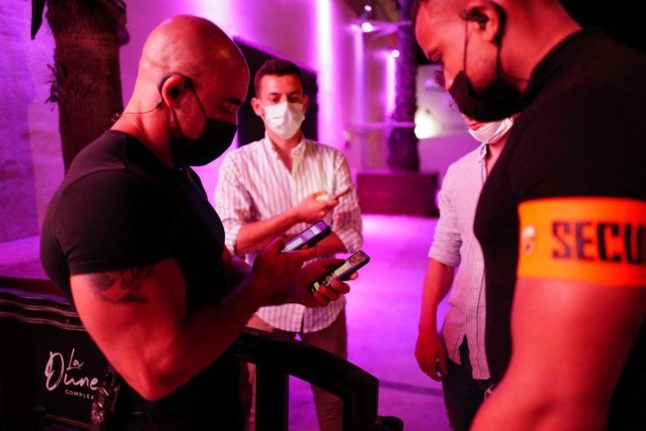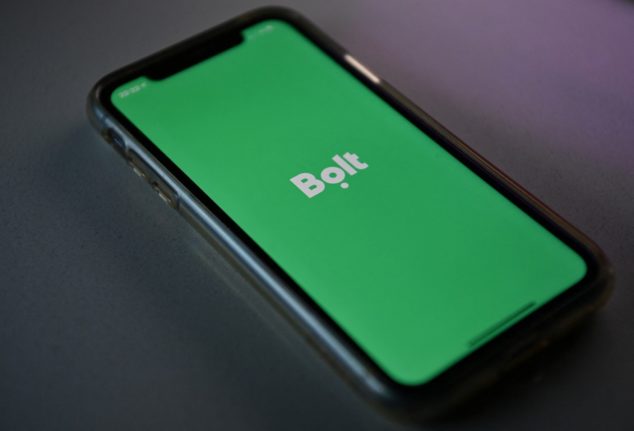Since September 13th, a Covid certificate has been required to access indoor areas of bars, restaurants, nightclubs and other event venues.
EXPLAINED: What will Switzerland’s expanded Covid certificate look like?
The Covid-19 certificate – otherwise known as the Covid-19 pass or the green pass – is available in paper and digital form.
The pass “provides documentary evidence that you have had a COVID-19 vaccination, have had and recovered from the disease or have tested negative”.
Keep in mind that you do not need a Covid certificate to enter Switzerland. To enter, you can show paper or digital evidence of your vaccination.
EXPLAINED: Who can enter Switzerland right now and what are the rules?
While foreigners can get a Covid certificate, people from particular countries can also use their own certificates – and save themselves 30 francs in the process.
Here’s what you need to know.
Can foreigners get a Covid certificate in Switzerland?
Obviously, for anyone wanting to visit Switzerland, things are likely to be a whole lot more fun if you have a Covid certificate – particularly in winter where it’s a little too cold to eat outside.
Foreigners can definitely get a Covid certificate – we’ve gone through how to do that in the following guide – however they may prefer to use the Covid app of their own country (where this is possible).
Canton-by-canton: How visitors can get Switzerland’s Covid certificate
This is because everyone coming to Switzerland will need to pay a fee of CHF30 ($32/£24/€28.50/$AU44) in order to get the Covid certificate.
The direct link to get the Swiss Covid certificate is here.
Therefore, if you come from a country with a Covid certificate – and that Covid certificate is accepted in Switzerland – then you can use your own and do not need to get the Swiss version.
Which foreign Covid certificates does Switzerland recognise?
If you have a Covid pass from an EU or EFTA state, then you can simply use that in Switzerland.
Early on, Switzerland agreed to recognise EU and EFTA Covid passes on a reciprocal basis, meaning that Swiss abroad can use their passes in EU and EFTA states.
In November 2021, the Swiss government also agreed to recognise several non-EU/EFTA states’ Covid passes.
This is laid out in the following regulation on the matter and is subject to change.
As at November 16th, 2021, Switzerland recognises passes from the following countries:
Albania, Andorra, Armenia, Faroe Islands, Holy See, Israel, Morocco, Monaco, North Macedonia, Panama, San Marino, Turkey, Ukraine and the United Kingdom.
Covid certificate: Can the UK’s NHS app be used in Switzerland?
As can be seen from that list, passes from India (CoWIN) are not recognised, nor are passes from the United States.
As it stands, the United States does not have a nationwide app but some states have set up their own vaccine passes.
If you have a pass from one of the above countries, then you can use it anywhere the Swiss Covid app is required.
If you do not, then you will need to get the Swiss Covid certificate to access bars, restaurants etc.
Is your pass not recognised or are you unclear on some of the details? Please get in touch at [email protected].



 Please whitelist us to continue reading.
Please whitelist us to continue reading.
Member comments